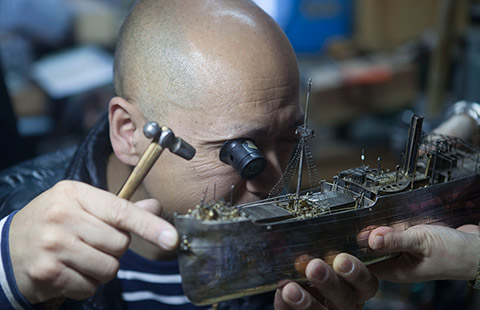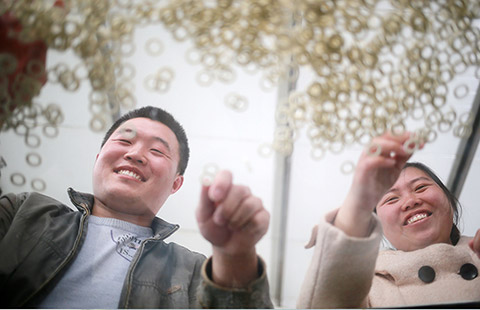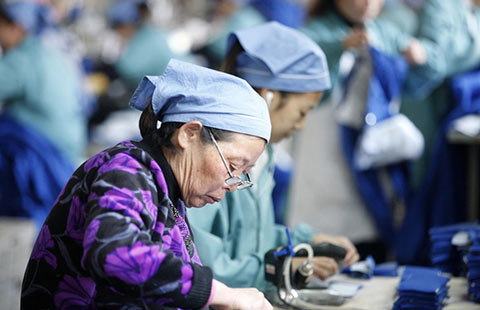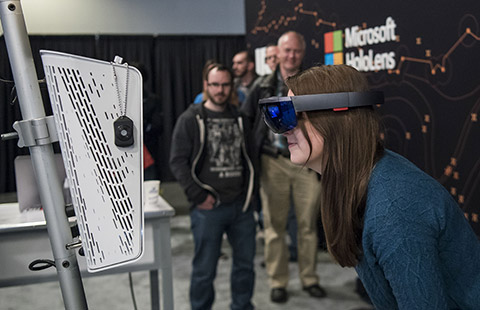Immunochemical studies institute launched
By Chen Qide in Shanghai (chinadaily.com.cn) Updated: 2012-10-12 17:30Shanghai unveiled its institute for advanced immunochemical studies on Oct 12, in a bid to spur its antibody drug research and development.
The institute, co-launched by the Shanghai Tech University and the Shanghai Advanced Research Institute of the Chinese Academy of Sciences at the city's Zhangjiang Hi-Tech Park, will research new antibody drugs for the treatment of cancers, infectious diseases, autoimmune conditions and other severe diseases, said Richard Lerner, who is from the United States and has been appointed as the institute's first director.
Lerner, who leads a team of experts from the US, Europe and China, said the institute will develop an antigenic map of the human cell surface, build high efficiency human antibody libraries, screen clinical attractive drug targets, identify therapeutic antibodies and develop other important novel methodologies.
"Immunochemistry is, arguably, the most important drug class today and will be for the foreseeable future," he said.
In general, antibody-based immunotherapy represents an important global market with a current size of about $50 billion a year as well as significant future growth potential, he added.
The US FDA, for example, has approved more than 30 therapeutic antibody drugs with antibody sales growing from $1.4 billion in 2000 to $45 billion in 2010. Four of the top 10 best selling drugs in 2010 were antibodies with individual sales exceeding $4 billion.
"Antibody drugs have become the fastest growing drug class in the pharmaceutical industry with double digit sales growth for the foreseeable future," said Lerner.
- ZTE says US investigation may leads to penalties, sink trading in Hong Kong
- Xinjiang investing heavily in infrastructure in 2016
- MOC survey finds foreign trade fundamentals unchanged
- Momo shares surge on Alibaba's backing the buyout
- LeSports launches paid membership aimed at 'watch-to-pay' market
- Skilled man gives new life to antiques
- China's structural reforms open new doors to Latin America: experts
- Govt to inject $927b into high-tech, infrastructure

















